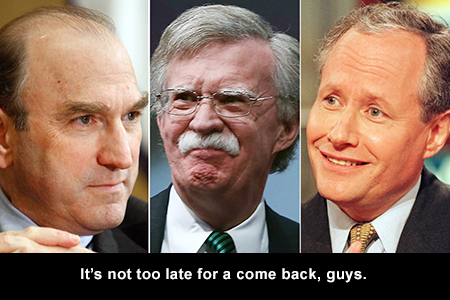I’ve probably told this story before, but let me repeat it for some of the young people out there. I have never been a sustained political activist, but I’ve been activist-adjacent all of my adult life. During that time, I have attended political meetings (mostly around foreign policy issues), participated in protests, and interacted with more committed activists at various levels. I bloviate – that’s most of what I’ve done. I’ve also worked phone banks for specific candidates a handful of times from 2006 on.
Since the mid to late 1990s, I have also taken part in online organizing at a very low level. At the beginning, this involved subscribing to listservs, message boards, that sort of thing. As I mentioned above, I started working on Democratic party campaigns about sixteen years ago, but I never contributed money to a campaign until relatively recently. Nevertheless, around the time of the 2004 election, I started getting fundraising emails from the Democratic party. One of my colleagues on one of the listservs probably shared list data with the party at some point. (I suspect I know who this might have been, but it hardly matters.)
The money machine
I’m providing this background to illustrate one of the central problems with the Democratic party today. In this instance, they treated a group of activists, some very committed to social change, as a market for fundraising. The groups I was involved in fell away after that period, partly as a function of the rise of social media. So now, instead of receiving messages from activists and participating in conversations, I get an inbox full of fundraising messages every day, and I’m bombarded by similar pleas every time I go on FB or Instagram.
There are complex reasons for this, and I won’t delve into all that right now, but suffice to say that this isn’t how change happens. Yes, Democratic party candidates need money to compete. But a party cannot just be about extracting money from its base in $5 or $10 increments. ($22 seems to be the favorite this season.) A party needs to be connected to political and social movements. It needs to be present in people’s lives and making a tangible difference in their communities. Right now, the only time people hear from the Democratic party is when they need money or votes. That’s why we need to take its sorry ass over.
Where it’s working
There are some good efforts underway to accomplish this. The Democratic Socialists of America (DSA) are a good example. Yes, they endorse candidates and support fundraising efforts, but principally they work within local communities to build change from the ground up. The New York City chapter is doing some great work, combining actual organizing and activism with an electoral strategy. It’s encouraging that they recognize the centrality of community-based efforts while putting some energy into electoral politics.
Let’s face it – you can do great things in your community, build strong, radical institutions, foster positive change from the ground up …. only to have it all taken apart by some right wing legislature, governor, Congress, president, or supreme court. The recent supreme court decisions illustrate how important it is for the left to keep its hand in elections. And since we are now working against time with respect to the climate crisis, the only way to facilitate radical change is by commandeering the ossified Democratic party, filling its ranks with activists, and replacing its leadership with people willing to do what needs doing.
No time to lose
There’s a lot going on in this country at the community level, particularly on the labor front. Policies largely associated with the left are popular, but the leadership of the Democratic party has had its head up its ass since the 1990s. The only way we can move crucial issues forward is by combining committed activism with a national electoral strategy, built on the bones of the Democratic party.
Not easy, but it’s easier than starting from scratch. And we just wasted a day.
luv u,
jp


